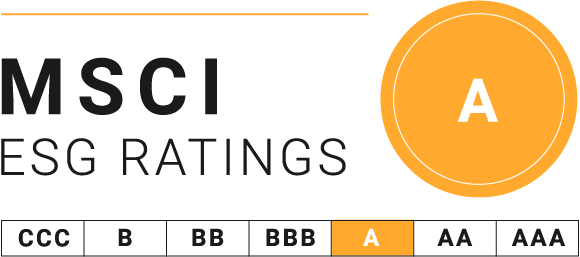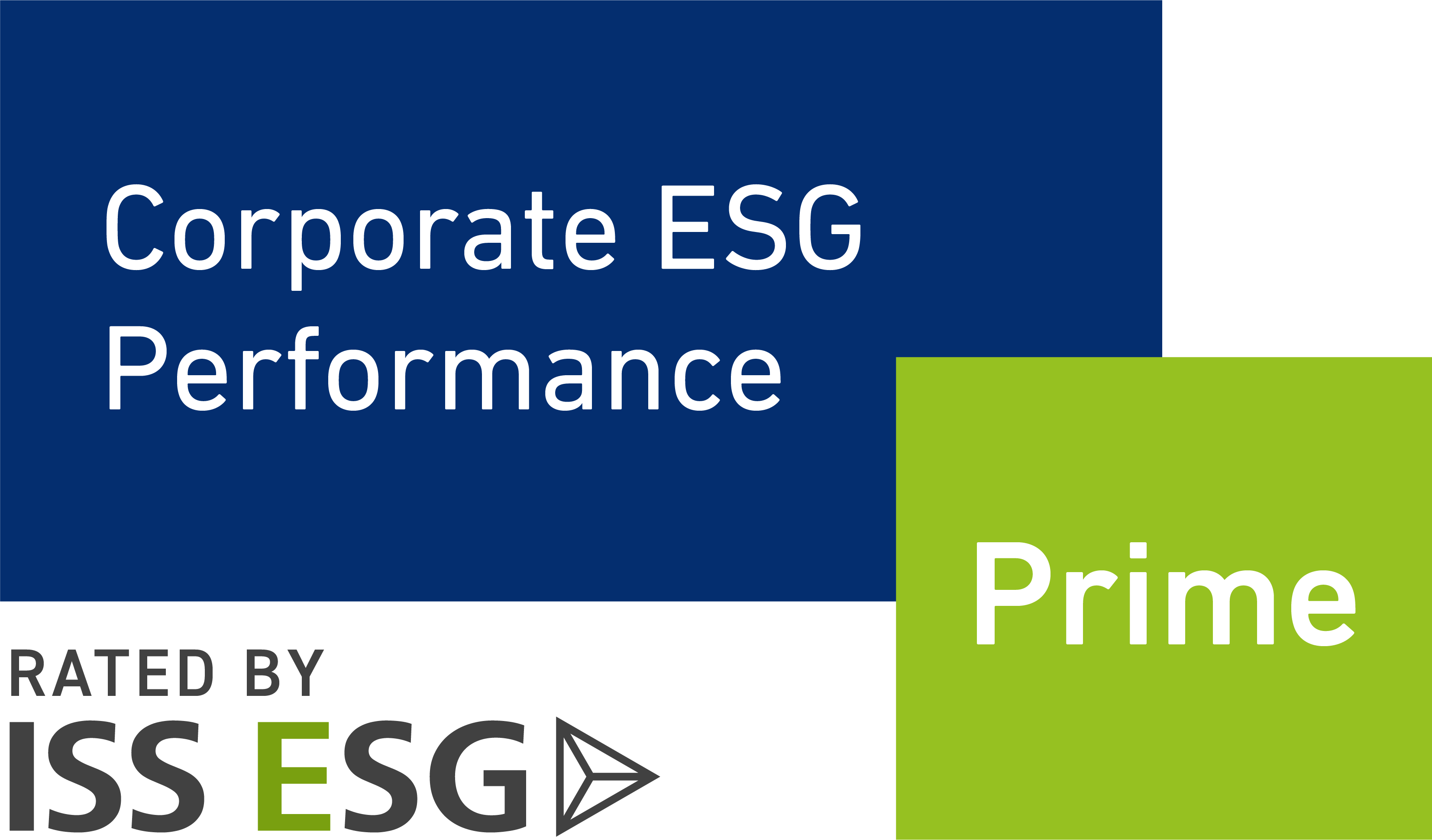Corporate Responsibility
Safe, affordable housing is core to the economic well-being for individuals and families — and at the center of all healthy, vibrant communities. Chartered by the U.S. Congress to deliver liquidity, affordability, and stability to the U.S. residential mortgage market and promote fair access to mortgage credit, Fannie Mae is a cornerstone of that foundation. We're dedicated to creating positive outcomes for families and communities through responsible mortgage finance.
With the housing market comprising approximately 18% of the United States' GDP, a strong housing market means a stronger American economy. We are committed to driving positive impact, building a stronger, safer, and more resilient housing finance system that creates affordable housing opportunities for homebuyers and renters across the country.
Our work is supported by regular, transparent reporting and consistent disclosures of relevant data. Explore our reports and disclosure links below.
Select policies and practices
- Single Family Selling Guide and Servicing Guide
- Multifamily Selling and Servicing Guide
- Green and Social Bond Frameworks
- Fannie Mae Employee Code of Conduct
- Board of Directors Code of Conduct
- Business Partner Code of Conduct
- Privacy Policy for Fannie Mae
- Compliance to the selling guide
- Privacy Policy for Uniform Collateral Data Portal
- Expectations of Suppliers
- Service Requirements of Our Contractors
- Equal Opportunity Statement & Anti-Retaliation
Regulatory requirement performance reporting


